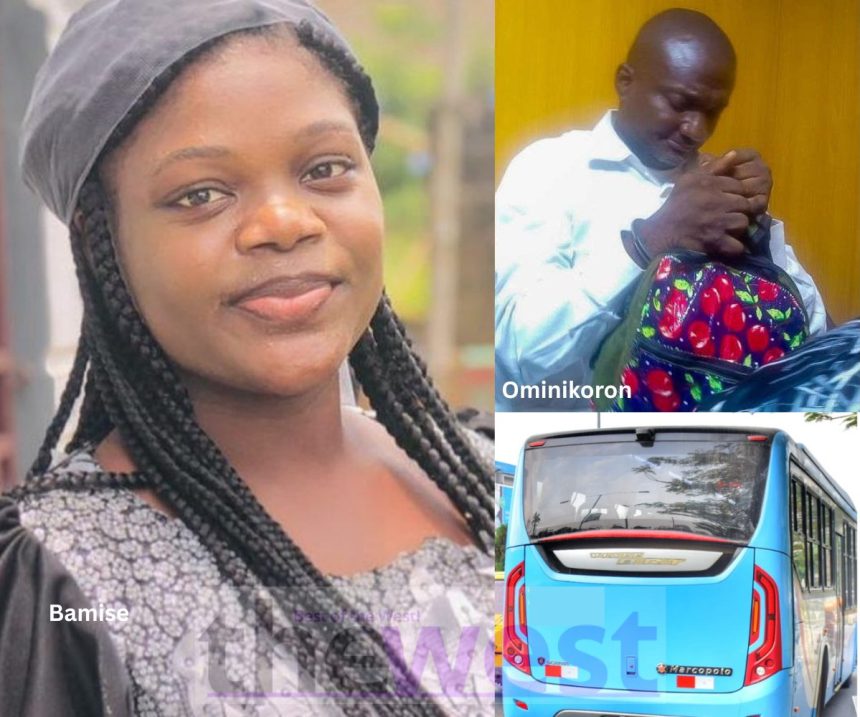The family of Oluwabamise Ayanwola, the 22-year-old fashion designer murdered inside a Lagos BRT bus in 2022, expressed relief and cautious satisfaction after a High Court sentenced driver Andrew Ominikoron to death by hanging. But their quest for justice is far from over.
“We are grateful the court saw the truth, but this isn’t the end. Everyone involved in my sister’s death must answer for their crimes,” declared Bamise’s elder sister, Onapemipo Damilola, moments after Friday’s verdict. She explained the family’s resolve to push for accountability beyond Ominikoron’s conviction.
Justice Sherifat Sonaike of the Lagos State High Court delivered the landmark ruling at the Tafawa Balewa Square annexe, capping a grueling two-year legal battle. The judge found Ominikoron guilty of murder, rape, and sexual assault, relying heavily on chilling voice notes Bamise sent to a friend moments before her death. In the recordings, the young designer detailed her fears as Ominikoron allegedly drove erratically and isolated her in the bus—a “dying declaration” the court deemed critical evidence.
Damilola praised Justice Sonaike’s handling of the case, describing the judgment as “fair, accurate, and free from bias.” She added, “As a mother herself, the judge understood our pain. We thank her for giving us this closure.”
The family, however, insists Ominikoron didn’t act alone. “The accomplices in this matter must be found,” Damilola stressed, urging authorities to widen the investigation. When asked about compensation from the Lagos State Government, she revealed no discussions had taken place: “They’ve never mentioned it.”
The case, which sparked national outrage, unfolded after Bamise boarded Ominikoron’s bus on February 26, 2022. Her body was discovered days later on Carter Bridge, with autopsy reports confirming violent assault. Prosecutors presented 11 witnesses, including survivors of Ominikoron’s earlier sexual attacks, painting him as a “serial predator” who exploited his role as a government-employed driver.
While acquitting Ominikoron of conspiracy charges due to insufficient evidence, Justice Sonaike condemned his “unforgivable crimes,” citing a pattern of targeting vulnerable passengers. Beyond Bamise’s murder, he received life imprisonment for raping another woman and shorter terms for attempted rape and sexual assault.
For the Ayanwola family, the verdict marks a bittersweet milestone. “Today, we feel heard,” Damilola said. “But until everyone responsible faces justice, we won’t rest.” As Lagos processes the landmark ruling, their call echoes a broader demand for systemic reforms—and accountability—in public transportation safety.








